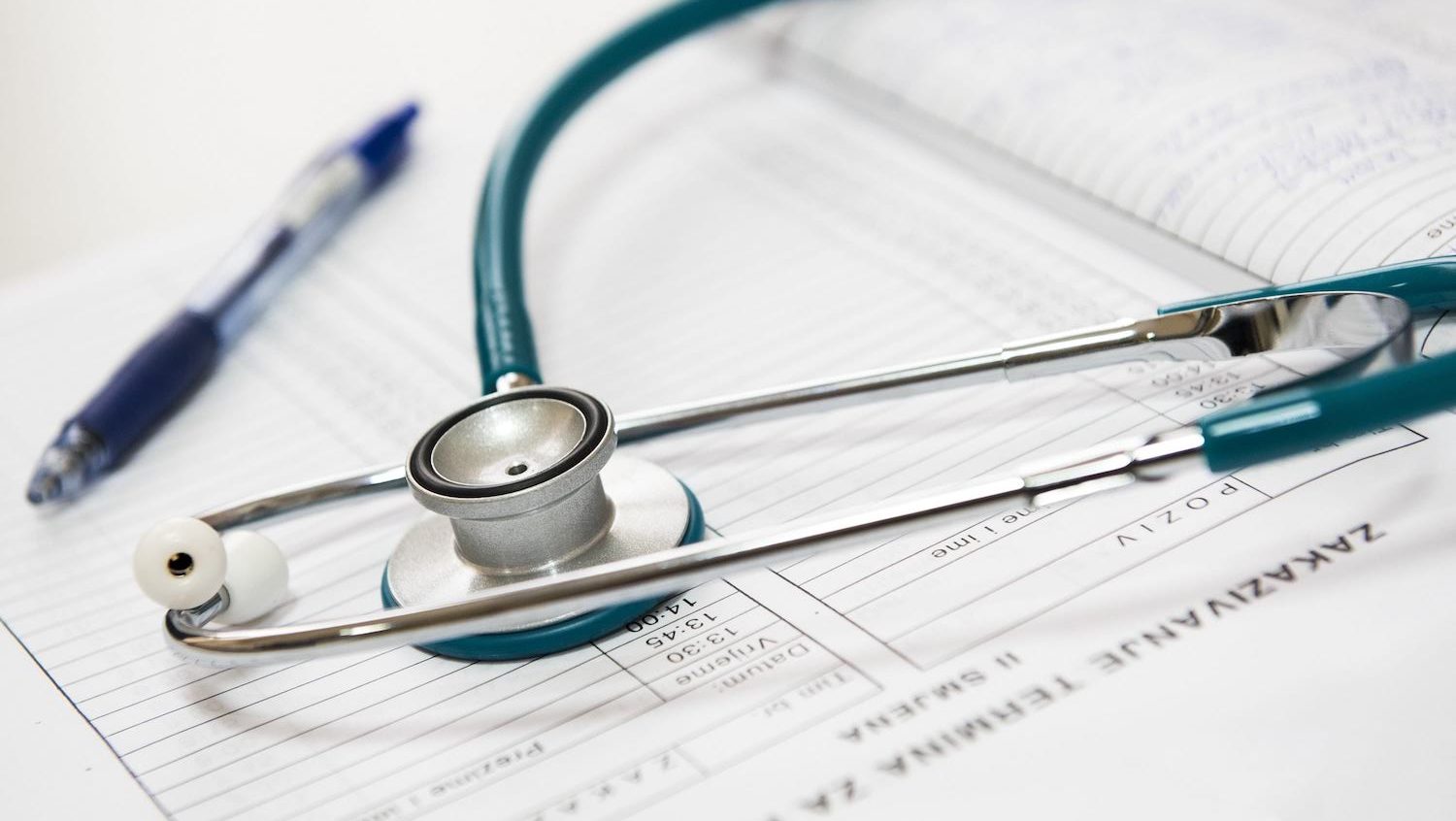A drug overdose is the body’s physical response to an inability to adequately metabolize the excess of substance or substances an individual has ingested. Addiction Center defines an overdose as an individual’s “biological response to when the human body receives too much of a substance or mix of substances.” When a physical body is bombarded with a substance or substances that it is unable to process, whether it is due to the potency of the substance or the amount used, it must react. Individuals can overdose on a number of different substances (i.e. prescription medications, illegal drugs, alcohol…etc.). A drug overdose can be a result of an individual accidentally ingesting a toxic combination or amount of drugs, or it may be intentional. If caught in time and the individual is able to obtain prompt medical intervention, he or she may survive an overdose. Unfortunately, many overdoses are lethal. The National Center for Biotechnology Information asserts that most common cause of death during any chemical overdose is respiratory failure.
Signs of overdose
The signs of overdose can vary depending on the type of substance or substances used. Signs of overdose that may present include the following examples as provided by WebMD:
- Opioid overdose: opioids are depressants, which means a component of their functioning is the slowing down of one’s central nervous system, including respiratory system (some examples of opioid substances include heroin, codeine, morphine and oxycodone).
- Slow and shallow breathing
- Blue lips
- Blue finger tips
- Unconscious
- Lowered body temperature
- Unable to speak
- Gurgling or snoring sounds
- Low blood pressure
- Slow hear rate
- Respiratory failure
- Alcohol overdoes/ alcohol poisoning
- Clammy skin
- Slow breathing
- Confusion
- Unconscious
- Vomiting
- Dulled responses
- Slow heart rate
- Seizures
- Low body temperature
- Low blood sugar levels
- Hypothermia
- Cardiac arrest
- Amphetamine overdose: amphetamines are stimulants which means they speed up the messages traveling in the central nervous system between the brain and body.
- Overheating
- High blood pressure
- Cardiac arrest
- Paranoia
- Delusions
- Hallucinations
- Seizures
- Convulsions
- High fever
- Chest pain
- Severe headaches
- Dehydration
- Excessive sweating
- Mental confusion
- Delirium
If you are ever in a situation where you see the above signs occur and are concerned that you or someone you know may be experiencing an overdose, please call 911 immediately.
Why Does Overdose Happen?
Every individual is different. It is, unfortunately, not uncommon that an individual that has undergone treatment for substance abuse and/ or addiction, remained sober for a period of time and subsequently relapsed, overdose because he or she returned back to the same amount/ dose/ mixture of substance or substances prior to his or her sober period. Some people will have a higher tolerance to some substances than others. Some individuals may have minimal physical reactions to the mixture of certain substances, while others may have severe reactions. There are several possible reasons an overdose may occur. Some individuals simply do not know their physical limit to certain substances, or will test their limit, which can result in overdose. Some individuals may have preexisting conditions that raise the potential for an overdose to occur when abusing drugs and/ or alcohol. Some individuals may use substances that are illegal and have no regulations regarding ingredients (i.e. heroin), and the wide range of potency as well as potential additives puts an individual at high risk for overdosing with each use. Depending on the circumstances, should an individual recover from an overdose it is likely he or she would benefit from participating in some form of substance abuse treatment program.
For Information and Support
If you are concerned for yourself or a loved one in regards to substance abuse and/ or addiction we recommend reaching out for help as soon as possible. If left untreated, substance abuse can result in long lasting and potentially life-threatening consequences. Keep in mind: you are not alone! There is an entire network of professionals that are available to help and support you and your loved one throughout the recovery process. The earlier you seek support, the sooner your loved one can return to a happy, healthy, and fulfilling life.
Please do not hesitate to reach out with any questions regarding our specific program at Haven House Addiction Treatment and/ or general substance abuse and/ or addiction treatment related information. Our highly trained staff is readily available to discuss how we might best be able to help you and your loved one. We can be reached by phone at 424-258-6792.



